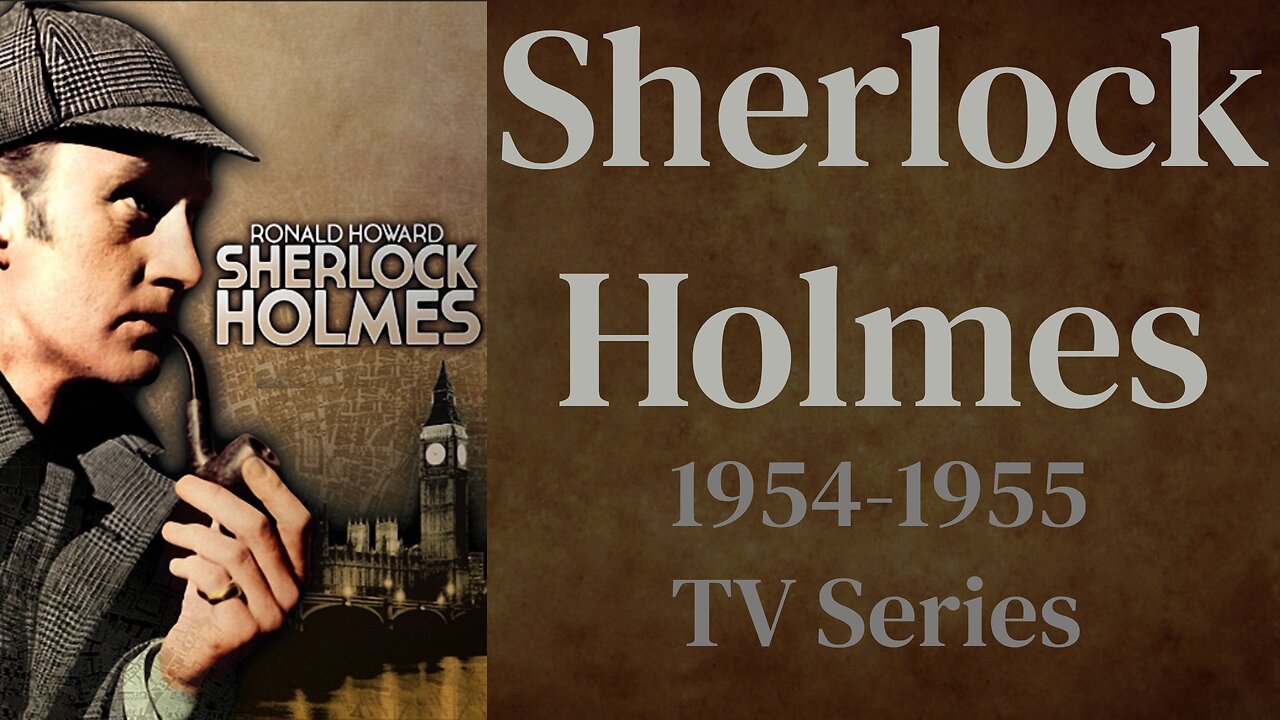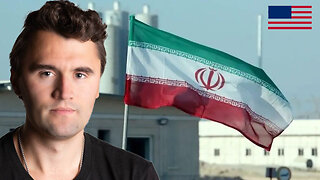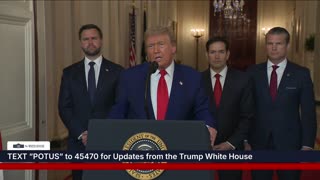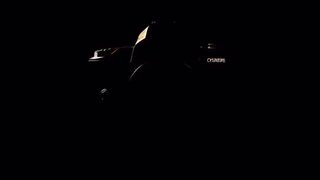Premium Only Content

Sherlock Holmes TV (ep31) The Case of the Exhumed Client
Sherlock Holmes was a detective television series syndicated in the autumn of 1954, based on the Sherlock Holmes stories of Arthur Conan Doyle. The 39 half-hour mostly original stories were produced by Sheldon Reynolds and filmed in France by Guild Films.
It starred Ronald Howard (son of Leslie Howard) as Holmes and H. Marion Crawford as Watson. Archie Duncan appeared in many episodes as Inspector Lestrade (and in a few as other characters). Richard Larke, billed as Kenneth Richards, played Sgt. Wilkins in about fifteen episodes. The series' associate producer, Nicole Milinaire, was one of the first women to attain a senior production role in a television series.
Casting
Reynolds desired to present the Holmes of A Study in Scarlet.
I was suddenly struck by the difference between the character in that book and that of the stage and screen. Here, Holmes was a young man in his thirties, human, gifted, and of a philosophic and scholastic bent, but subject to fateful mistakes which stemmed from his over eagerness and lack of experience.
In early stories like that one, Conan Doyle had not yet grown tired of his character, who later became a literary monster for him. And, as literature, the earlier stories are far better. But practically every stage and screen presentation of the detective is based on the later stories.
Ronald Howard, then 36, was chosen to portray Sherlock Holmes. Howard shared Reynolds's view of Holmes] and his portrayal was much more laid back than the more famous version portrayed by Basil Rathbone.
In my interpretation, Holmes is not an infallible, eagle-eyed, out-of-the-ordinary personality, but an exceptionally sincere young man trying to get ahead in his profession. Where Basil Rathbone's Holmes was nervous and highly-strung, mine has a more ascetic quality, is deliberate, very definitely unbohemian, and is underplayed for reality.
Howard Marion Crawford, credited as H. Marion Crawford, was cast as Watson and it was a role Crawford had long wanted to play. Crawford desired to play Watson as something other than the buffoon as typified by Nigel Bruce's portrayal.
I had never thought of Watson as the perennial brainless bungler who provided burlesque relief in the earlier portrayals. He is a normal man, solid on his feet, a medical student who gives valuable advice.... In other words, he is a perfect foil to Holmes' youthful buoyancy.
Scottish actor Archie Duncan was cast as Inspector Lestrade. Much akin to Dennis Hoey in the Rathbone/Bruce series of films, Duncan's Lestrade was used as comic relief.
Besides the three principals (Howard, Crawford and Duncan), a number of actors appeared regularly in the series, including Belgian-born Eugene Deckers, who played no fewer than seven different characters, including both victims and villains. Notable actors and actresses who appeared as guests included: Paulette Goddard ("The Case of Lady Beryl"), Delphine Seyrig ("The Mother Hubbard Case", "The Case of the Singing Violin"), Michael Gough ("The Case of the Perfect Husband"), Dawn Addams, Mary Sinclair, and Natalie Schafer ("The Case of the Shy Ballerina"). John Buckmaster played character roles in two episodes ("The Case of the Haunted Gainsborough", "The Case of the Unlucky Gambler"), and Barry Mackay, whose career was nearing its end, also appeared in one episode ("The Case of the Laughing Mummy").
Filming
Several sets were built in Paris for the street outside 221B Baker Street and the flat itself, both of which were designed by Michael Weight, the same man who built the Festival of Britain 221B exhibit. There were a number of other sets built for a variety of locations and then redressed as necessary (houses, Scotland Yard, shops, parks, offices, etc.)
There was very little location work and most of the series was filmed in the studio with many stock shots of carriages on London Bridge and near Big Ben, giving the impression of London. However, on a few occasions, such as "The Case of the Eiffel Tower", the French filming locations were used. French actors were extensively used in small parts and several affected English accents with varying levels of success.
Production was halted each day at exactly 4 o'clock for Duncan to spend fifteen minutes enjoying a special blend of tea he had shipped from London.
-
 LIVE
LIVE
The Charlie Kirk Show
1 hour agoLIVE: US Bombs Iran - Trump Speaking Soon
27,340 watching -

Right Side Broadcasting Network
1 hour agoLIVE: President Trump Addresses the Nation Following U.S. Attack on Iran's Nuclear Sites - 6/21/25
31471 -
 LIVE
LIVE
Bannons War Room
4 months agoWarRoom Live
30,025 watching -
 58:44
58:44
The White House
1 hour agoPresident Trump Delivers Address to the Nation, June 21, 2025
166 -
 LIVE
LIVE
NEWSMAX
6 months agoNEWSMAX2 LIVE | Real News for Real People
6,214 watching -
 LIVE
LIVE
KLW World News
2 hours agoBREAKING NEWS! US BOMBS 3 NUKE SITES IN IRAN!
2,393 watching -
 LIVE
LIVE
Hard Lens Media
2 hours agoTRUMP Addressing The Nation As He Announced US Bombed Three Iranian Nuclear Sites
447 watching -
 16:46
16:46
Exploring With Nug
11 hours ago $6.29 earnedWe Recovered a Stolen Chevy Malibu From the River! Underwater Vehicle Search!
79.4K6 -
 LIVE
LIVE
Spartan
3 hours agoPro Halo Player | Sens Crisis Grind
166 watching -
 LIVE
LIVE
Mally_Mouse
4 hours agoSpicy Saturday!! - Let's Play: PEAK
312 watching